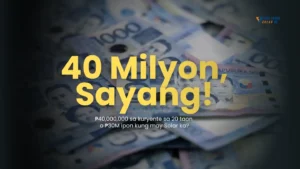
- business@first-powersolar.com
- The World Centre, Sen. Gil J. Puyat Ave, Makati, Metro Manila

Power outages can disrupt our daily lives, leaving us without essential electricity. For those considering or already using solar panels, a crucial question arises: can solar panels work during power outages? The answer depends entirely on the type of solar system you have: grid-tied or off-grid. This article will clarify the differences and explain how each system behaves during a blackout.
Most residential solar systems are grid-tied, meaning they are connected to the utility grid. During normal operation, they feed excess solar energy back into the grid, allowing homeowners to receive credits through net metering. However, during a power outage, grid-tied solar systems are designed to shut down automatically.
Therefore, standard grid-tied solar panels will not provide power during a blackout without additional battery backup.
Off-grid solar systems, also known as stand-alone systems, are designed to operate independently of the utility grid. They rely on battery storage to provide power even when the sun isn’t shining.
How Off-Grid Systems Work During Outages:
Consequently, off-grid solar panels will provide power during a blackout, provided the battery bank has sufficient charge.
Hybrid solar systems combine the benefits of both grid-tied and off-grid configurations. They remain connected to the grid but also incorporate battery storage.
Hybrid systems can provide power during outages, but only if they are set up with a battery backup system.
Key Considerations:
Understanding the difference between grid-tied and off-grid solar systems is crucial for determining whether your solar panels will work during a power outage. While standard grid-tied systems shut down for safety reasons, off-grid and hybrid systems with battery backup can provide a reliable power source. If power outage resilience is a priority, consider investing in a hybrid or off-grid system with sufficient battery storage.
Reference Links:

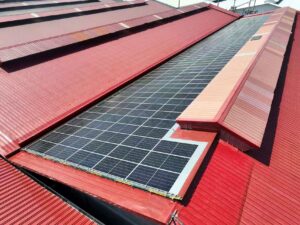
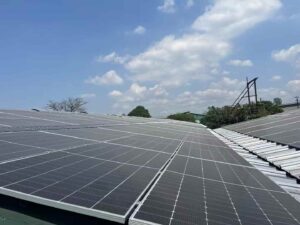
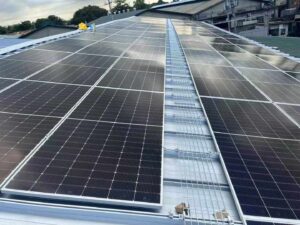
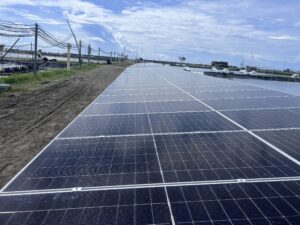
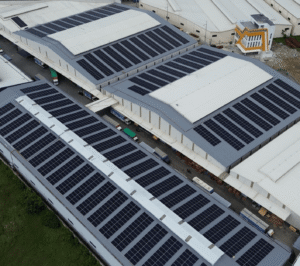
Empowering a sustainable future with cutting-edge solar solutions, First Power Solar Inc. is committed to delivering reliable and efficient renewable energy for businesses
Get updates on special events, news & trends